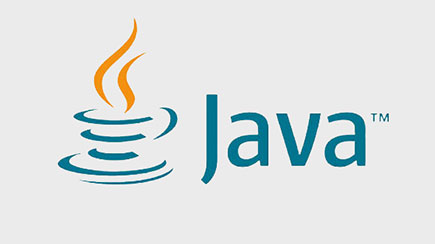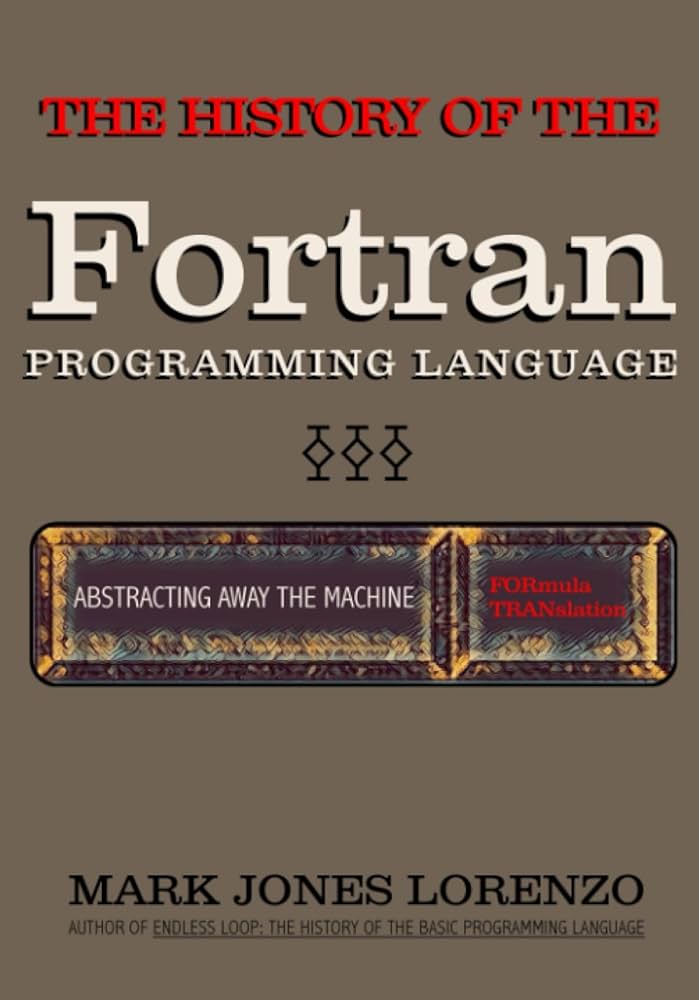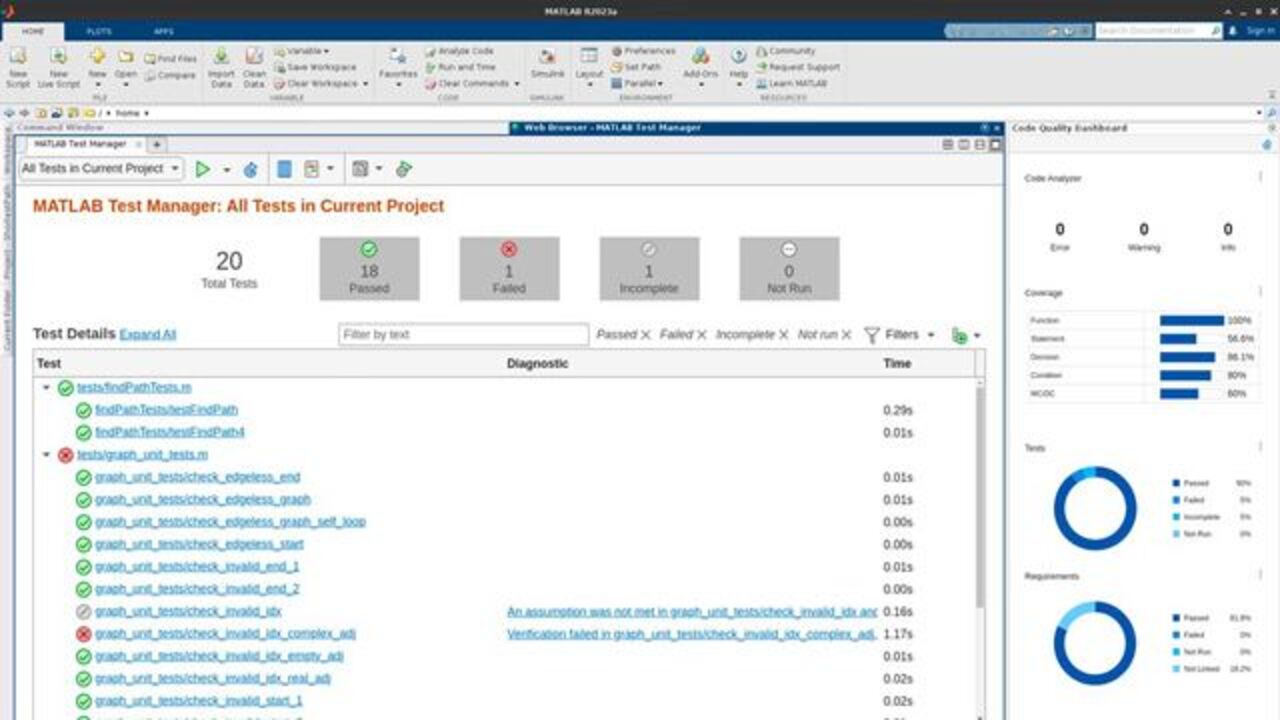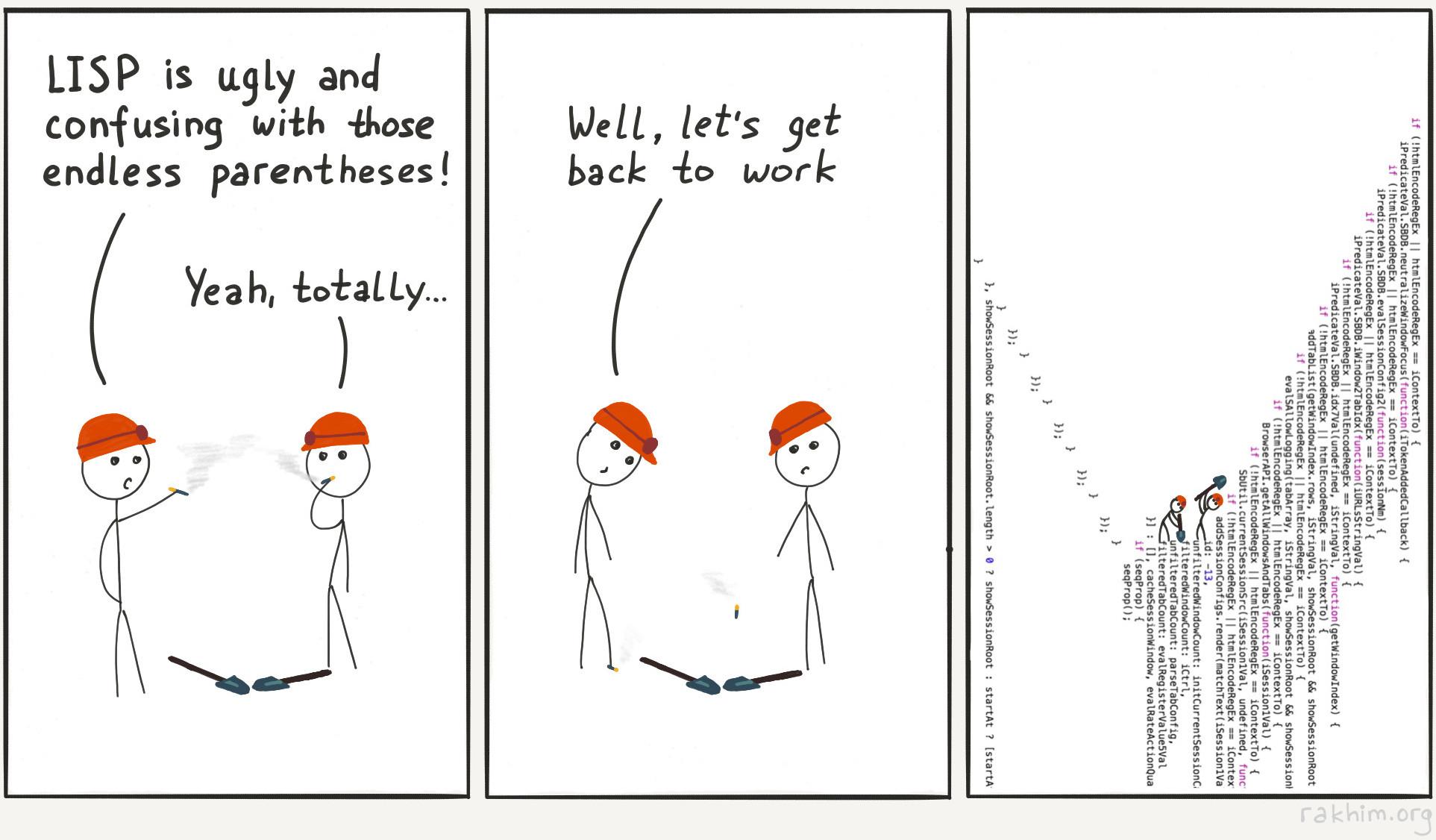
Programming Languages Used in ISRO: A Key to Unlocking Space Exploration
As a space enthusiast, I’ve always been fascinated by the Indian Space Research Organisation (ISRO) and its remarkable achievements in space exploration. But have you ever wondered what programming languages are used to make these incredible feats possible? In this article, we’ll delve into the world of programming languages used by ISRO and explore how they contribute to the success of their missions.
 Image: Space exploration
Image: Space exploration
ISRO’s programming language of choice for on-board systems, satellite control systems, and ground-based applications is C and C++. These languages are ideal for building robust and efficient systems that can withstand the harsh conditions of space.
“C and C++ are the backbone of ISRO’s software systems, providing the necessary foundation for their space exploration missions.” - Personal Experience
In addition to C and C++, ISRO also uses Java for web applications, ground-based applications, and android-based systems. Java’s platform independence and vast ecosystem of libraries make it an ideal choice for developing complex systems.
 Image: Java
Image: Java
Python, a general-purpose programming language, is used by ISRO for its simplicity and versatility. It’s used in various tasks such as data analysis, machine learning, scripting, and automation. Python’s extensive libraries and simplicity make it an ideal choice for rapid prototyping and development.
“Python’s simplicity and versatility make it an ideal choice for ISRO’s data analysis and machine learning tasks.” - Personal Experience
Fortran, a high-computing language, is used by ISRO for tasks such as computational fluid dynamics, numerical simulation, and data analysis. Its ability to handle complex mathematical models makes it an essential tool for ISRO’s scientific computing needs.
 Image: Fortran
Image: Fortran
Ruby, a simple programming language, is used by ISRO for ground-control systems and monitoring software. Its simplicity and ease of use make it an ideal choice for automation tools and web development.
MATLAB, a language for complex mathematical modeling and simulations, is used by ISRO for data analysis, designing, and testing spacecraft systems. Its ability to handle complex mathematical models makes it an essential tool for ISRO’s research and development.
 Image: MATLAB
Image: MATLAB
Lastly, Lisp is used by ISRO for tasks related to AI, robotics, and autonomous navigation. Its ability to handle complex AI and robotics tasks makes it an essential tool for ISRO’s research and development.
 Image: Lisp
Image: Lisp
In conclusion, ISRO’s use of a diverse range of programming languages is a testament to their commitment to innovation and excellence. By leveraging the strengths of each language, ISRO is able to push the boundaries of space exploration and achieve remarkable feats.
 Image: Space exploration
Image: Space exploration















